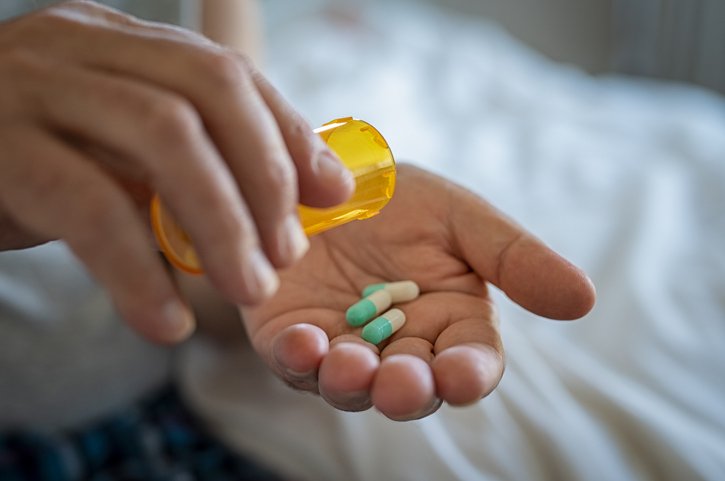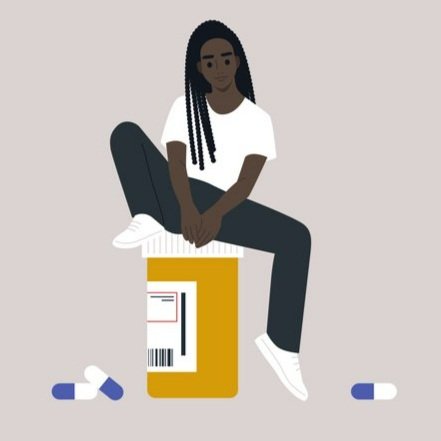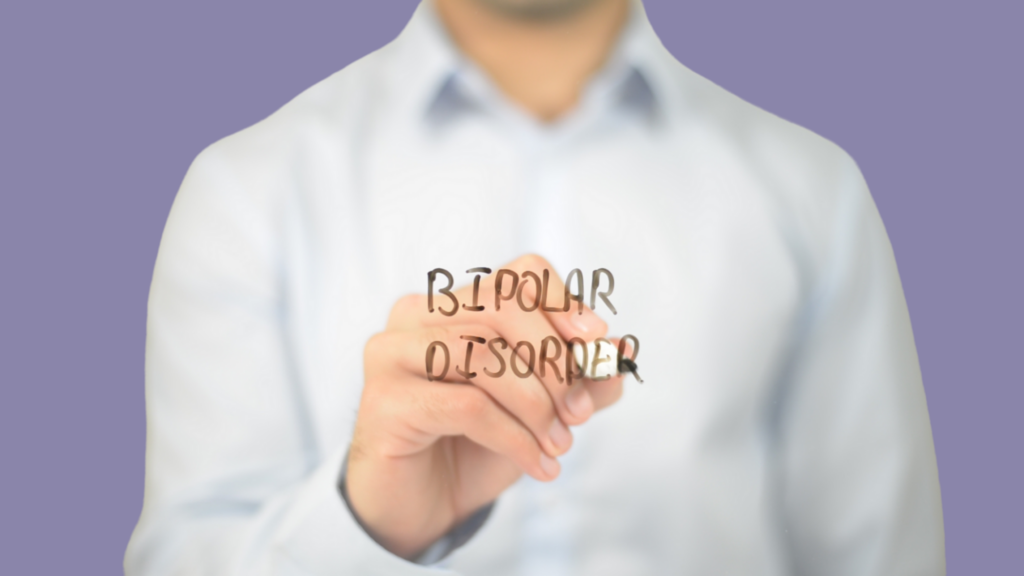
When your antidepressants don’t seem to be working, it can be a discouraging and overwhelming experience. However, there is still hope, and you are not alone. Many people need adjustments in their depression treatment plan, and there are several strategies to finding a more effective treatment for you.
The first thing to do if your antidepressant medications are not providing relief is to talk to your Geode psychiatrist. They can help you understand potential causes and recommend adjustments in your prescribed medication. For example, your provider may suggest changing the dose, switching to a different medication, adding an additional medication, or trying another type of treatment.
Keep reading to understand more about why your antidepressants might not be working and what you and your provider can do to improve the effectiveness of your mental health treatment.

Why Aren’t My Antidepressants Working?
There are a number of reasons why your antidepressant medications may not be providing enough (or any) relief from depression.
For example:
- Your antidepressant dosage is too low or too high to feel the appropriate effects
- Your antidepressants have not had enough time to provide relief from your symptoms
- You are not responding to a particular type of antidepressant
- Your body is metabolizing the medication differently from others
- You are experiencing side effects that are impacting your ability to experience relief
- You are experiencing new life stressors that are impacting your mood
- You have stopped responding to your antidepressant over time
Your Geode provider can help you determine if there is another underlying cause of your depression and if the medication you are taking needs adjustment.
Your provider may recommend adjusting the dosage of your medication, switching to a different medication within the same class, switching to a different class of medication, or combining different types of medications. These strategies can all increase the effectiveness of your antidepressant therapy. Your provider may also recommend forms of talk therapy that have been proven effective in treating depression when combined with an antidepressant.
If you have tried more than one type of antidepressant medication with no improvement in your symptoms, you may have a form of depression known as treatment-resistant depression (TRD). If this is the case, your provider may recommend alternative treatments such as TMS therapy or esketamine.

Treatment Options for Treatment-Resistant Depression
In addition to antidepressants, such as SSRIs and SNRIs, there are also other therapies and treatment options that may help with treatment-resistant depression.
TMS Therapy for Depression
Transcranial magnetic stimulation (TMS) is a non-invasive procedure that uses magnetic impulses to stimulate nerve cells in the brain. It has been used to treat depression and certain other mental health conditions with positive results.
Clinical studies have shown that among patients who have not responded to antidepressant medication, TMS can be effective in alleviating symptoms of depression. As a non-invasive procedure that does not require anesthesia, the risks of TMS are also relatively low. If patients experience side effects, these are generally minor and resolve quickly after the treatment session.
Esketamine for Depression
Esketamine (also known by the brand name SpravatoⓇ) is a new medication approved by the FDA for treatment-resistant depression and depression with suicidal thoughts. It is a nasal spray that is used in conjunction with an oral antidepressant to alleviate symptoms of depression.
Esketamine works differently from other antidepressant medications such as SSRIs and SNRIs. It acts on different chemical pathways in the brain and can be effective even when standard antidepressants have not provided relief from depression. Esketamine is administered twice a week in your provider’s office, and patients are monitored for any side effects after treatment.
Psychotherapy
In addition to medication and procedural treatments, psychotherapy (also known as talk therapy) can be extremely helpful for those with depression.
Cognitive behavioral therapy is a type of psychotherapy that involves understanding and modifying the negative thought patterns that can contribute to depression, as well as developing practical solutions for coping with daily challenges. Other therapies such as psychodynamic therapy and supportive therapy can also be helpful in reducing symptoms of depression.
Lifestyle Changes
In addition to clinical treatments, lifestyle changes can also make a big difference for people with depression. Even simple changes to your everyday habits can bring about big results.
Getting plenty of sleep, exercising regularly, eating healthy foods, setting achievable goals, and introducing calming activities like yoga and mindfulness into your routine can all provide much-needed relief. Limiting substances such as alcohol, nicotine, and excessive caffeine can also help set the foundation for better emotional stability.
Your Geode provider can help you identify opportunities to create new habits that lead to positive change in your life. Small choices each day can lead to major improvements in your mood and overall functioning.
Be Patient With Yourself
It is important to remember that finding the right treatment for depression is an individualized process that takes time and patience. Most people will not respond fully to their first trial of an antidepressant, and many will require multiple adjustments in their treatment plan. Every person responds differently, and your provider will work with you each step of the way. Be gentle with yourself during this process and practice self-care by getting enough sleep, eating healthy foods, exercising, and spending time with friends and family. Taking care of yourself is essential in helping to manage any kind of mental health condition.
When your antidepressants are not working, it can feel like your options have run out—but that is not true! Your Geode provider can help you explore treatment options and find a combination of therapies that finally provides relief from the fog of depression. With patience and persistence, you and your provider can develop an effective treatment plan that works for you. Get started with your journey to better mental health by contacting a Geode provider near you today.
Geode Health offers therapy sessions for individuals and couples who want to improve their mental and emotional health. We are available in different locations from Georgia, Illinois, North Carolina and Texas.
Whether you are searching for a therapist in Gainesville, GA or a psychiatrist in Aurora, IL, we are here to help.
With convenient locations from Georgia, Illinois, North Carolina, and Texas. Whether you need a therapist in Frisco, TX or a psychiatrist in Duluth, GA, our team is always here to help.
Geode Health offers therapy sessions for individuals and couples who want to improve their mental and emotional health. We are available in different locations from Georgia, Illinois, North Carolina and Texas.
Whether you are searching for a therapist in Gainesville, GA or a psychiatrist in Aurora, IL, we are here to help.
Explore the comprehensive services provided by Geode Health, from TMS and intranasal ketamine Spravato treatment for those facing treatment-resistant mental health conditions. Contact us today for further information!


